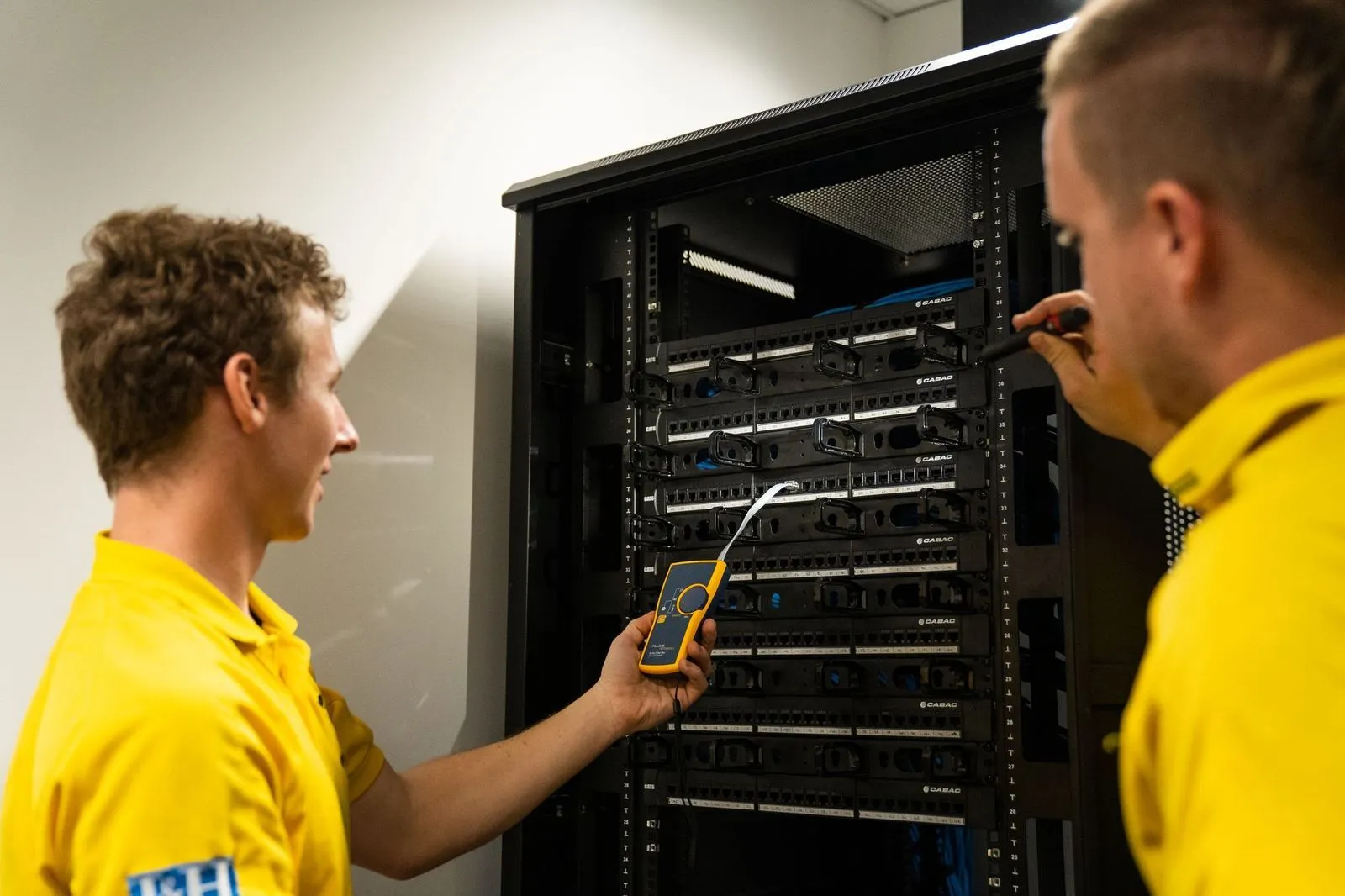Safety in the home is paramount, and knowing what to look out for can save lives. This article will discuss the top 10 electrical hazards in your home and provide expert advice on https://canvas.instructure.com/eportfolios/2880164/inductorpoweroutagewmaf015/ElectricityEnsuring_Commercial_Property_Safety how to avoid them.
1. Overloaded Power Outlets
One of the prevalent electrical hazards in any home is the excessive plugging into single sockets. This can lead to overheating and potentially cause a fire. Ensure that you are using power strips with built-in circuit breakers, and avoid daisy-chaining.

2. Outdated Wiring Systems
Outdated electrical wiring can be a major risk, especially in older homes. Indicators of https://shortpanelupgradevpxb211.hpage.com/post1.html outdated wiring include frequent circuit breaker trips, flickering lights, and burnt outlets. Consulting a professional electrician to evaluate and possibly upgrade your wiring is vital for your safety.
Defective Appliances and Electrical Safety
Malfunctioning electrical appliances can also pose a significant hazard. Regularly check your appliances for any damage, and never ignore the warning signs such as unusual noises. Always see to it that repairs are carried out by qualified professionals.
The Risk of Exposed Outlets
Exposed electrical outlets are especially hazardous in homes with young ones. Use outlet covers to safeguard these and prevent accidents like electrical shocks.
5. Improper Use of Extension Cords
Extension cords should only be used on a provisional basis and are not meant for long-term use. Placing too many high-wattage appliances on one cord can cause overheating. Be sure to select the right cord for the job, and never running them under carpets or over door thresholds where they can become damaged.
Why You Should Avoid DIY Electrical Fixes
While DIY projects can be appealing, electrical work is best left to experts. Simple errors in DIY electrical work can lead to major hazards such as fires or electrocution. Always hire a qualified electrician for your electrical needs.
7. Water and Electricity Mix
Water conducts electricity, making it extremely dangerous when near electrical sources. Make sure all outlets near water sources are equipped with Ground Fault Circuit Interrupters (GFCIs) to avoid electric shocks.
Light Fixture Installation Risks
Poorly installed light fixtures can lead to problems. Confirm that all fixtures are firmly in place and that the correct type of bulb is used for each fixture to minimize heat production.
Grounding: Essential for Electrical Safety
Lack of proper grounding in electrical systems can result in a higher risk of shock or fire. It's essential that your home's electrical system is properly grounded, and this should be checked by a licensed electrician.

Disregarding Electrical Codes: A Dangerous Oversight
Neglecting electrical codes can not only be unsafe but also legal issues. Ensure that all electrical work in your home meets local codes and regulations, usually enforced to protect residents.
To Wrap It Up
Knowing and mitigating these major electrical hazards is crucial https://sweltering-regret.unicornplatform.page/blog/the-electrician-evolution-career-prospects-in-electrical-engineering/?nocache=6104 for maintaining a safety-first home environment. Think about regular check-ups by certified electricians to keep your home safe.